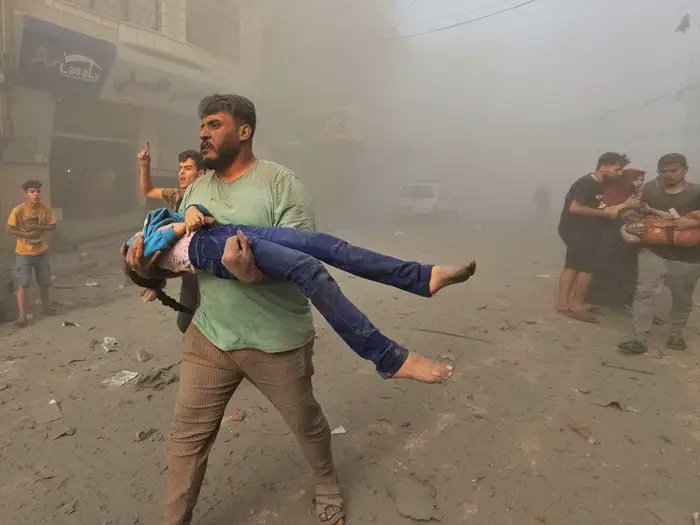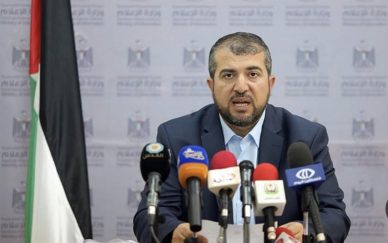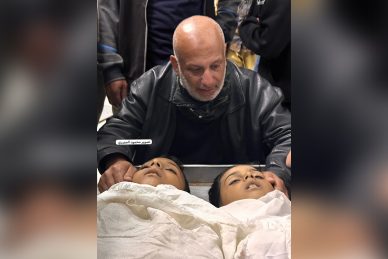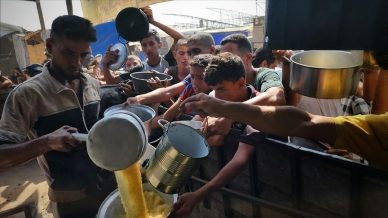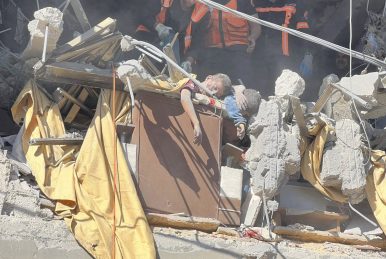GAZA, (PIC)
Just minutes before Suhoor, Gaza lay in a heavy silence, as if trying to steal a few moments of rest amid days burdened with siege and suffering.
Children slept, seeking safety in their mothers’ arms, while homes breathed in quiet oblivion, unaware that death was drawing near—sneaking in on the wings of warplanes, ready to claim lives before the call to prayer could wake them.
Explosion and screams
Without warning, the night was torn apart by the roar of fighter jets, and the sky erupted in successive waves of missiles that ripped through the heart of the city.
Explosions shook the houses, walls collapsed on those inside, turning beds into graves, and dreams into birth certificates for death.
In mere moments, the streets filled with dust and smoke, cries for help echoed through the chaos, and the scent of Ramadan mingled with the smell of blood and gunpowder.
More than 400 martyrs—among them dozens of children and women—more than 500 wounded. They were not fighters. They carried no weapons. They were simply asleep, dreaming of a simple Suhoor and another day in a battered homeland.
Children who had only heard of war from their parents’ stories suddenly found themselves reduced to numbers in the news reports. Mothers who had been preparing pre-dawn meals now searched for their children beneath the rubble. Fathers returning home found only emptiness and death waiting at their doorstep.
Bodies beneath the ruins
In a narrow alley, a paramedic stood frozen before the lifeless body of a little girl, her tiny hands still clutching her doll—as if she had tried to shield herself with it from the bombing.
In another corner, a father sat cradling the lifeless bodies of his wife and child, whispering final goodbyes no one could hear.
This was not a strike on military sites. It was an execution of life itself—a massacre of laughter, a destruction of homes that once held stories of love, simplicity, and resilience.
Gaza, accustomed to war
After the bombing, an unsettling silence settled over the city, interrupted only by the occasional air raid. It was not the silence of peace but the hush of a city once again gathering its shattered pieces, counting its martyrs, and burying them before the mothers’ tears had a chance to dry.
This morning was not like any other. It arrived heavy with grief, awakening a city struggling to rise once more—despite death lingering within its walls.
Yet Gaza, despite everything, does not die. It rises from the rubble, rebuilds its homes, and plants, in every grave, a story that never ends and a dream that no missile can erase.

